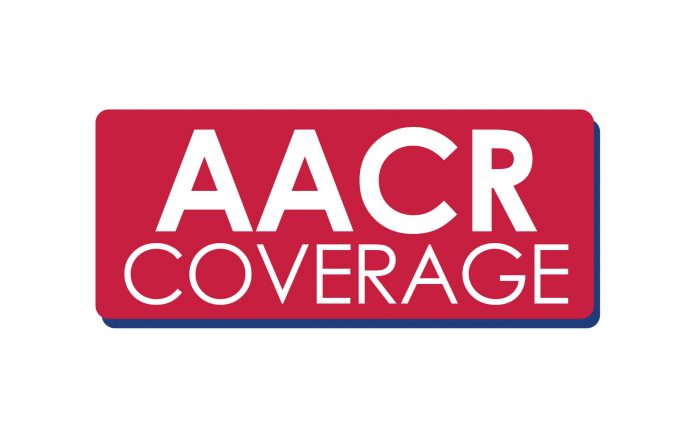By Kara Nyberg, PhD
Posted: June 24, 2020
Given the variable response to immune checkpoint blockade, researchers have long sought to identify predictive biomarkers beyond PD-L1 to better select patients most likely to benefit from such therapy. New work carried out by researchers at the Dana-Farber Cancer Institute has identified a handful of genetic variants linked to PD-L1 expression and, in turn, the response to immune checkpoint inhibitor therapy in NSCLC.
The study focused on 909 patients with nonsquamous NSCLC at Dana-Farber who had tumor tissue analyzed with the OncoPanel assay. Patients were grouped into three categories of PD-L1 expression—less than 1%, 1% to 49%, and 50% or greater—and genetic variations (i.e., somatic mutations and copy number alterations) were then analyzed and correlated with PD-L1 expression. Of note:
- Mutations in EGFR and STK11 were highly enriched among patients with low PD-L1 expression (< 1%), confirming prior research.
- PD-L1, PD-L2, and JAK2 gene deletions were highly enriched in patients low PD-L1 expression (< 1%). Conversely, amplifications of these genes were highly enriched in patients with high PD-L1 expression (≥ 50%).
Given that gain and loss of the PD-L1 gene was associated with higher and lower PD-L1 protein expression, “it gives us an idea that … expression of PD-L1 is partially controlled by copy number at this locus,” said Liam Spurr, of the Dana-Farber Cancer Institute, who presented the research.
With these data in hand, the research group next attempted to correlate clinical outcomes in 432 patients treated with immunotherapy who had the genetic variants identified. They found:
- Mutations in EGFR and STK11 were associated with significantly poorer PFS as compared with wild-type EGFR and STK11
- Loss of the PD-L1 locus (9p24.1) was associated with significantly poorer PFS, whereas gain of the locus showed no apparent relationship with PFS.
“We think that if [loss of the PD-L1 locus] is confirmed in other studies, this could potentially be a new biomarker of PD-L1 protein expression as well as immunotherapy response,” Mr. Spurr said.
Reference:
1. Spurr LF, Lamberti G, Li YY, et al. Genomic correlates of PD-L1 expression are associated with response to immunotherapy in non-small cell lung cancer. AACR Virtual Meeting; April 27-28, 2020. Abstract 5668.











